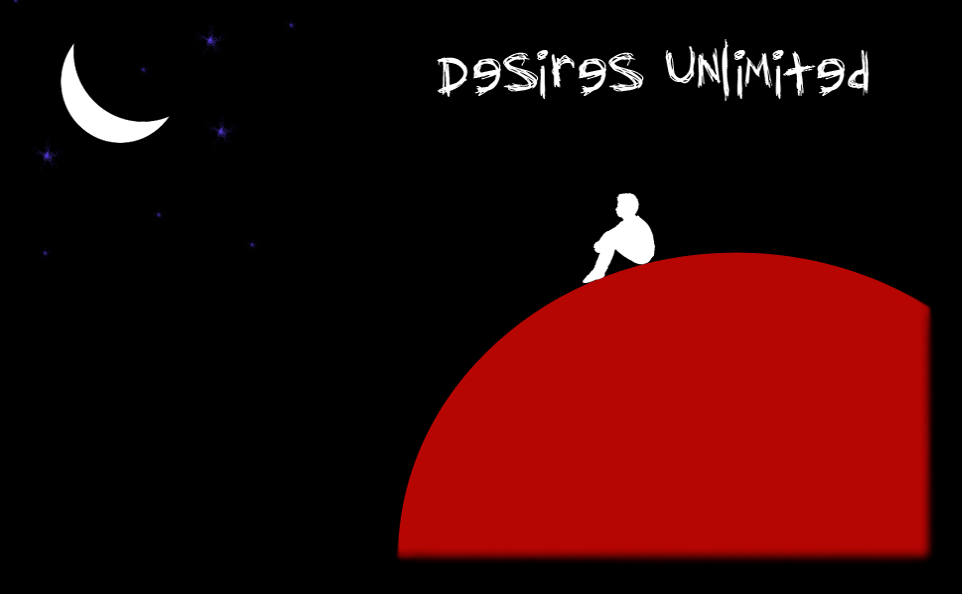Today, I want to pass on part of a longer blog post from my favorite blog site, www.brain pickings.org. Go to the source to read more, if you have the time. You'll love it!
The Shortness of Life: Seneca on Busyness and The Art of Living Wide Rather Than Living Long
By: Maria Popova
“The greatest obstacle to living is expectancy, which hangs upon tomorrow and loses today… The whole future lies in uncertainty: live immediately.”
“How we spend our days,” Annie Dillard memorably wrote in her soul-stretchingmeditation on the life of presence, “is, of course, how we spend our lives.” And yet most of us spend our days in what Kierkegaard believed to be our greatest source of unhappiness — a refusal to recognize that “busy is a decision”and that presence is infinitely more rewarding than productivity. I frequently worry that being productive is the surest way to lull ourselves into a trance of passivity and busyness the greatest distraction from living, as we coast through our lives day after day, showing up for our obligations but being absent from our selves, mistaking the doing for the being.
Despite a steadily swelling human life expectancy, these concerns seem more urgent than ever — and yet they are hardly unique to our age. In fact, they go as far back as the record of human experience and endeavor. It is unsurprising, then, that the best treatment of the subject is also among the oldest: Roman philosopher Seneca’s spectacular 2,000-year-old treatise On the Shortness of Life(public library) — a poignant reminder of what we so deeply intuit, yet so easily forget and so chronically fail to put into practice.
Seneca writes:
It is not that we have a short time to live, but that we waste a lot of it. Life is long enough, and a sufficiently generous amount has been given to us for the highest achievements if it were all well invested. But when it is wasted in heedless luxury and spent on no good activity, we are forced at last by death’s final constraint to realize that it has passed away before we knew it was passing. So it is: we are not given a short life, but we make it short, and we are not ill-supplied but wasteful of it… Life is long if you know how to use it.
Millennia before the now-tired adage that “time is money,” Seneca cautions that we fail to treat time as a valuable resource, even though it is arguably our most precious and least renewable one:
People are frugal in guarding their personal property; but as soon as it comes to squandering time, they are most wasteful of the one thing in which it is right to be stingy.
To those who so squander their time, he offers an unambiguous admonition:
You are living as if destined to live for ever; your own frailty never occurs to you; you don’t notice how much time has already passed, but squander it as though you had a full and overflowing supply — though all the while that very day which you are devoting to somebody or something may be your last. You act like mortals in all that you fear, and like immortals in all that you desire… How late it is to begin really to live just when life must end! How stupid to forget our mortality, and put off sensible plans to our fiftieth and sixtieth years, aiming to begin life from a point at which few have arrived!
Nineteen centuries later, Bertrand Russell, another of humanity’s greatest minds, lamented rhetorically, “What will be the good of the conquest of leisure and health, if no one remembers how to use them?” But even Seneca, writing in the first century, saw busyness — that dual demon of distraction and preoccupation — as an addiction that stands in the way of mastering the art of living:
No activity can be successfully pursued by an individual who is preoccupied … since the mind when distracted absorbs nothing deeply, but rejects everything which is, so to speak, crammed into it. Living is the least important activity of the preoccupied man; yet there is nothing which is harder to learn… Learning how to live takes a whole life, and, which may surprise you more, it takes a whole life to learn how to die.
Great stuff! Go to www.BrainPickings.org to read more!












































